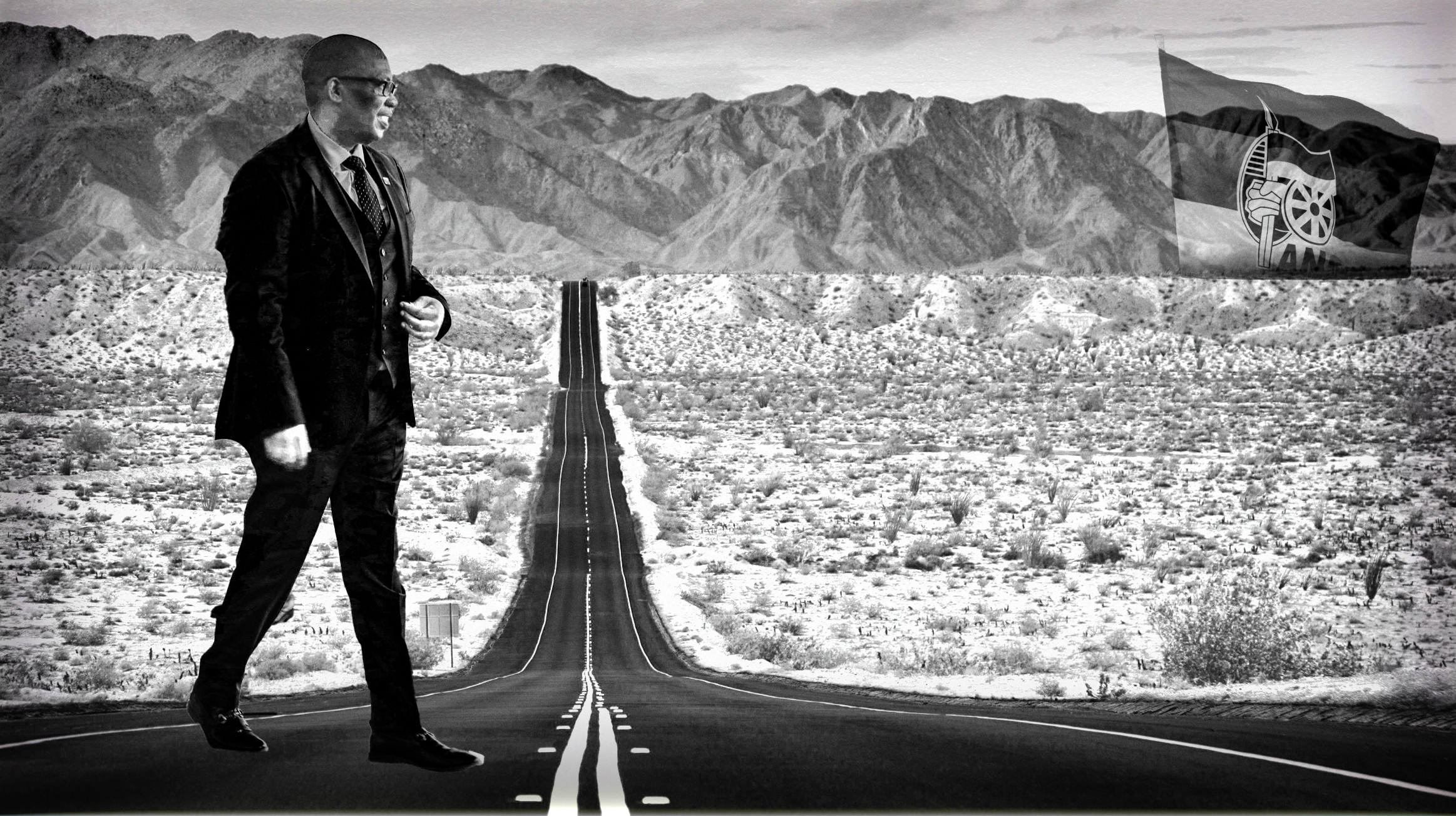Gauteng has often been seen as an indicator of the direction of our greater politics. Because of its urbanised nature, there is more diversity and thus more viable political choices than in most other provinces.
From as early as 2012, it was the only ANC province to properly campaign against Jacob Zuma’s leadership in the ANC. Four years later, urban residents removed the ANC from its position as the majority party in three metros, leading to seismic political and governance change.
Now, the situation in the Gauteng ANC has changed dramatically.
First came strong indications of disunity in the province.
Leading up to the election of Lesufi as Gauteng ANC leader two years ago, the outgoing premier, David Makhura, was moved to describe a regional Ekurhuleni conference as a “war zone”.
Then came something almost unseen previously. The Gauteng ANC appeared to refuse to accept the authority of the national ANC.
While the national ANC’s coalitions committee (by now chaired by Makhura) said that the party should not work with the EFF, Lesufi and those around him continued to work with Julius Malema in Joburg and Ekurhuleni.
In at least one case, this was also against the wishes of the local ANC.
While this may have been in defiance of those in the ANC who did not want them to work with the EFF, it may as a result have strengthened their hand in the longer term as the Gauteng experience has shown how the ANC cannot trust the EFF.
The result was that talks between the ANC and the EFF to work together nationally never resulted in anything concrete, and the ANC ended up forming a coalition with the DA as its major partner.
But more was to follow, in that Lesufi then refused to appoint DA members to his provincial cabinet. This was despite the DA supporting his nomination for premier, resulting in ANC members voting the DA’s Refiloe Nt’sekhe to the position of deputy speaker of the provincial legislature.
Short-term gain
Lesufi now appears to be going on the offensive, trying to create an alliance with Action SA, first to keep the DA out of power in Joburg, and then to remove them from power in Tshwane.
It would appear that there can only be short-term gain here and that the limits to this approach to action must be visible to all who care to look.
The clearest boundary to Lesufi’s ambitions to keep the DA out of power is the local elections in 2026.
So dire is the situation in places such as Joburg that the ANC’s mayor, Dada Morero, has said he cannot fix them before the elections, when voters are likely to be looking for someone to blame.
Suspect Number One will surely be the ANC. It has been the biggest party in Joburg during this local government term and was responsible for the disastrous tenure of Al Jama-ah’s Kabelo Gwamanda.
Voters have shown recently how they treat people they blame for their problems.
For example, Colleen Makhubele, who turned on her party (Cope, at the time) to become Joburg speaker, founded the SA Rainbow Alliance to contest the national elections. It won just 2,743 votes in Gauteng.
This may be a sign that voters will punish those they hold responsible for putting themselves above the interests of residents.
Considering how the Gauteng ANC has been so contested in the recent past, if the party does lose out massively in the local elections (which seems almost certain), Lesufi is likely to find his authority threatened.
It is possible that other structures of the party decide to act before then. Local structures, and particularly regional leaders, may have the most to lose and may believe that they need to stop Lesufi from following this course.
It is even possible that one or two, simply to win votes, may decide to replicate the national coalition in their councils, in defiance of Lesufi’s leadership.
But this would also present the DA with a tactical problem. It could decide to join the ANC in these councils, replicating the national coalition, or reject the proposal.
If it joins the ANC in these councils, it could be helping the party in Gauteng. But if it rejects the proposals, that could lead to questions about its true commitment to the national coalition.
In the end, it would appear likely that any final decision would involve some kind of discussion between the national leaders of the ANC and the DA.
In public, over the next few months, Lesufi will feel he must project confidence. He will probably govern as if he is in permanent campaign mode.
But underneath that, there are many moving parts and a series of decisions that will have to be made soon to avert total disaster. DM





